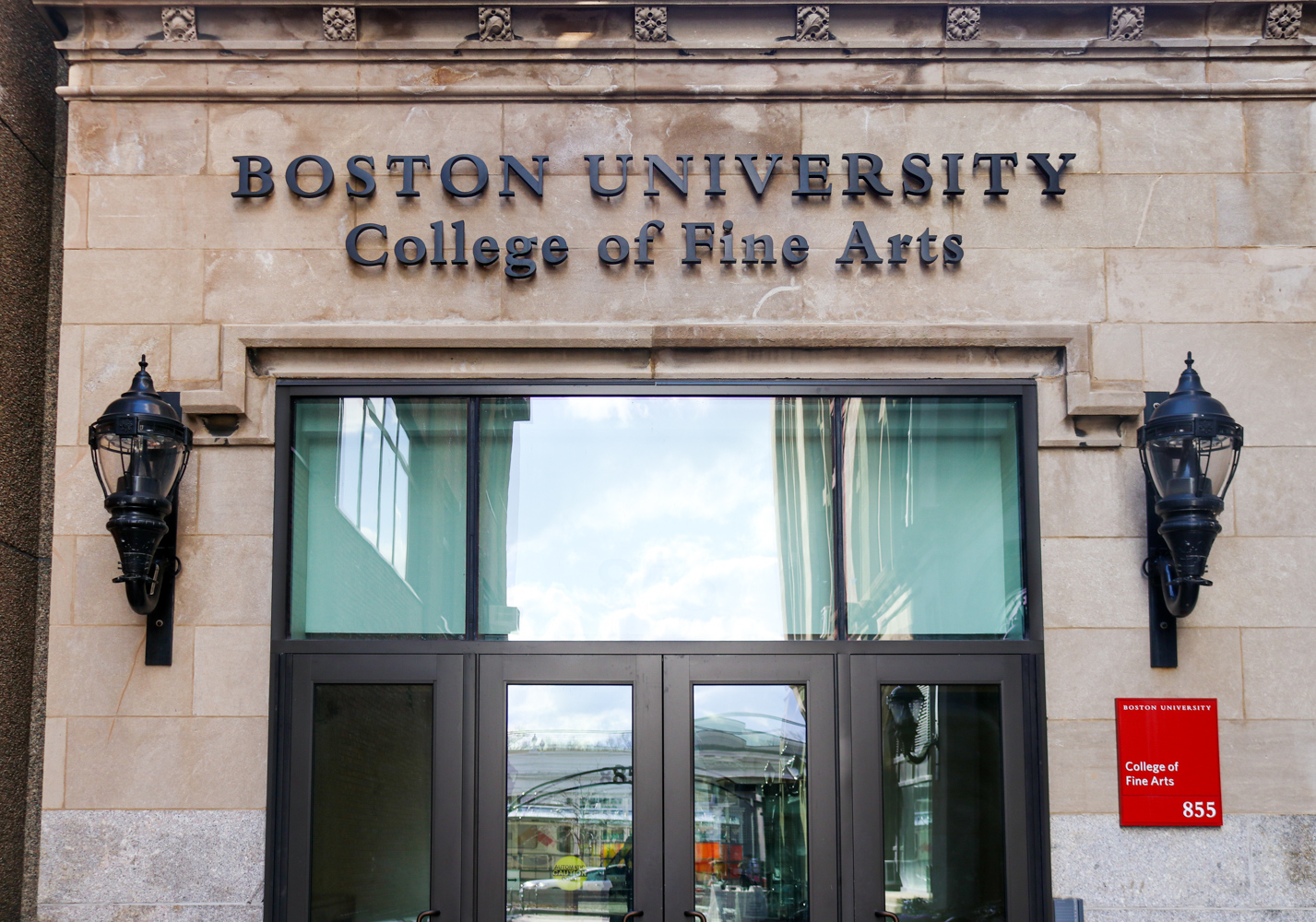The Boston University School of Medicine has received a $13.6 million grant from the Department of Defense Lung Cancer Research Program to research and develop technologies to facilitate the early detection of lung cancer, according to a press release by the BUSM on Thursday.
The grant will fund a study aimed at researching the technology’s effects on active military personnel and veterans, the release said. BUSM’s research team will collaborate with veterans hospitals across the country, as well as The Detecting Early Lung Cancer Among Military Personnel Consortium, which will provide the groups of patients access to the most varied research technologies and tools.
“Lung cancer is the number one killer of all cancers in the U.S. and the world,” said BUSM Associate Professor Avrum Spira, who is leading the study, in an interview.
Spira, a professor of medicine, pathology and bioinformatics, said he believes the research could help decrease the high death rate among lung cancer patients. The research, he said, should lead to the development of technologies that detect lung cancer at an earlier stage with minimal invasiveness.
BUSM will collaborate in the study with the University of Texas M.D. Anderson Cancer Center, Brown University and the University of California-Los Angeles. Spira said that the study will take place at 12 veteran hospitals and military centers around the nation.
According to the press release, the study has two goals. First, researchers are aiming to recruit and collect biosamples from patients at risk of developing lung cancer. After they succeed in collecting samples, they plan to analyze genomic fests in these biosamples to see if a specific patient will develop the disease in the future.
“Current lung cancer detection methods involve invasive procedures that are often done only after symptoms occur, and by that time, the cancer has spread outside of the lungs and can be difficult to treat,” Spira said in the press release. “Using advanced imaging techniques and testing molecular biomarkers that indicate risk of a future lung cancer diagnosis will help in the development of non-invasive, accurate methods to detect lung cancer before it becomes untreatable.”
In the primary phase of the study, researchers will examine 500 participants who have shown signs of lung cancer in a low-dose computed tomography scan, the release said. The results will help researchers study which patients require invasive procedures such as lung biopsies, and which can be managed through follow up imaging technologies.
The second phase will involve researchers looking at a group of 1,000 patients who are identified as “high risk” for lung cancer. This phase will likely last about four to five years.
Spira said that in the second phase, researchers will analyze and identify biomarkers that will determine which patients can develop lung cancer in the future.
The military population, for example, has 25 percent to 75 percent of a higher risk to develop lung cancer in comparison to the civilian population, the release said. Veterans who have served in Iraq and Afghanistan have a higher risk, as they have an increased smoking rate and have been exposed to harmful substances, such as asbestos and fuel exhaust, while in combat.
“The ultimate goal is to be able to detect before they ever get lung cancer,” Spira said.
























































































































